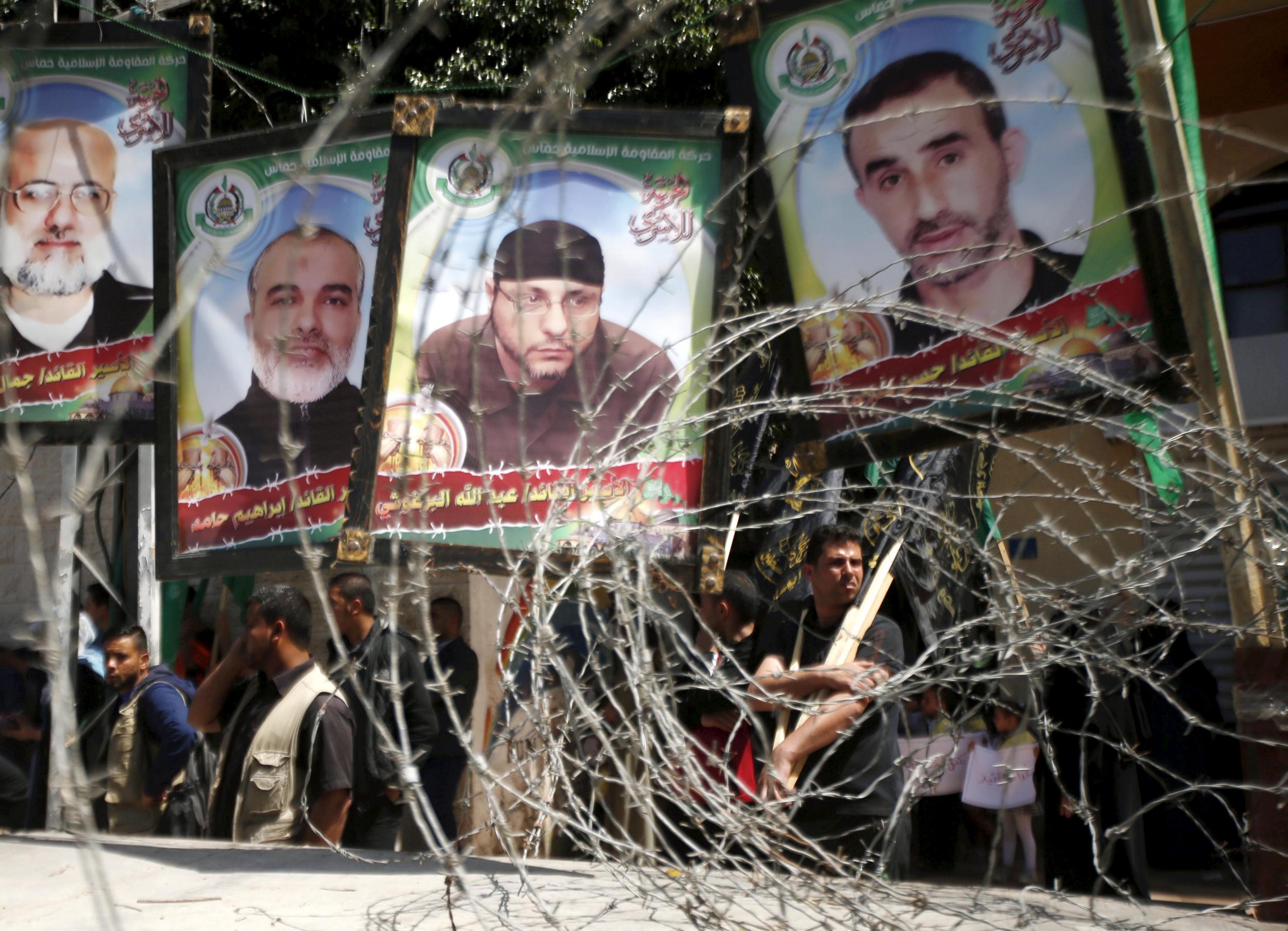Israeli minister moves to ban Hamas prisoners from watching World Cup
‘Whoever has left the family of nations and chosen the culture of murder and terror should not enjoy an international sports competition that brings together people from all over the world’

Your support helps us to tell the story
From reproductive rights to climate change to Big Tech, The Independent is on the ground when the story is developing. Whether it's investigating the financials of Elon Musk's pro-Trump PAC or producing our latest documentary, 'The A Word', which shines a light on the American women fighting for reproductive rights, we know how important it is to parse out the facts from the messaging.
At such a critical moment in US history, we need reporters on the ground. Your donation allows us to keep sending journalists to speak to both sides of the story.
The Independent is trusted by Americans across the entire political spectrum. And unlike many other quality news outlets, we choose not to lock Americans out of our reporting and analysis with paywalls. We believe quality journalism should be available to everyone, paid for by those who can afford it.
Your support makes all the difference.Israel’s public security minister has said he is seeking to revoke members of Hamas’s right to watch television in jail ahead of the Fifa World Cup next month.
Gilad Erdan, the cabinet minister responsible for Israel’s police and prison services, instructed prisons chief Ofra Klinger that Hamas prisoners should be banned from being able to watch the global sporting event, which runs from 14 June to 15 July.
“I have no intention of letting Hamas members who are detainees in our prisons enjoy the World Cup matches while we have Israeli hostages and soldiers in the Gaza Strip,” Mr Erdan said, referring to Oren Shaul and Hadar Goldin, two Israeli soldiers killed in the 2014 Gaza war whose bodies have not been retrieved.
Israelis Abera Mengistu and Hisham al-Sayed have been held as prisoners in the Hamas-controlled Gaza Strip for several years.
“Whoever has left the family of nations and chosen the culture of murder and terror should not enjoy an international sports competition that brings together people from all over the world,” the minister was quoted as saying by the Times of Israel newspaper.
“We will continue to exercise a heavy hand toward prisoners from the terror organisation Hamas and will also look at making things harder for security prisoners from other organisations.”
Mr Erdan is reported to be putting together a team of legal experts to overhaul rules regarding television in jail for Palestinian security threat prisoners ahead of the international football tournament next month.
Under current regulations, prisoners deemed security threats and other detainees are not separated, and detainees have the right to watch television.
About 6,500 Palestinians are currently held in Israeli prisons, watchdogs say.
The new idea is meant to “put pressure” on jailed Hamas members, Mr Erdan said, along with other measures, such as stopping family visitors from Gaza.
Hamas seized control of the Gaza Strip in 2007, and the area of two million people has been subject to a crippling joint Israeli-Egyptian blockade since.
Israel and the West Bank’s Palestinian Authority (PA) have been accused of escalating the humanitarian crisis in order to weaken Hamas’s grip on the territory.
Recent attempts at reconciliation talks between the PA’s Fatah and Hamas have failed. A new, less extremist version of Hamas’s founding charter unveiled at the end of last year has also been dismissed by Israeli authorities.
Israel says the Gaza blockade – criticised as collective punishment – is necessary for security purposes.
Earlier this month, the area saw the worst violence since the last Hamas-Israel war in 2014, when Israeli forces shot and killed 60 people protesting at the border over both living conditions and the US embassy’s move from Tel Aviv to Jerusalem.
Join our commenting forum
Join thought-provoking conversations, follow other Independent readers and see their replies
Comments